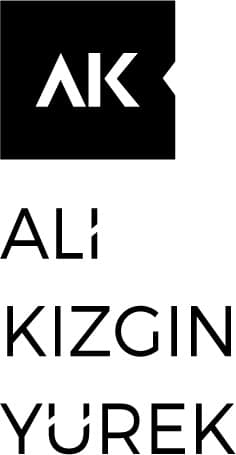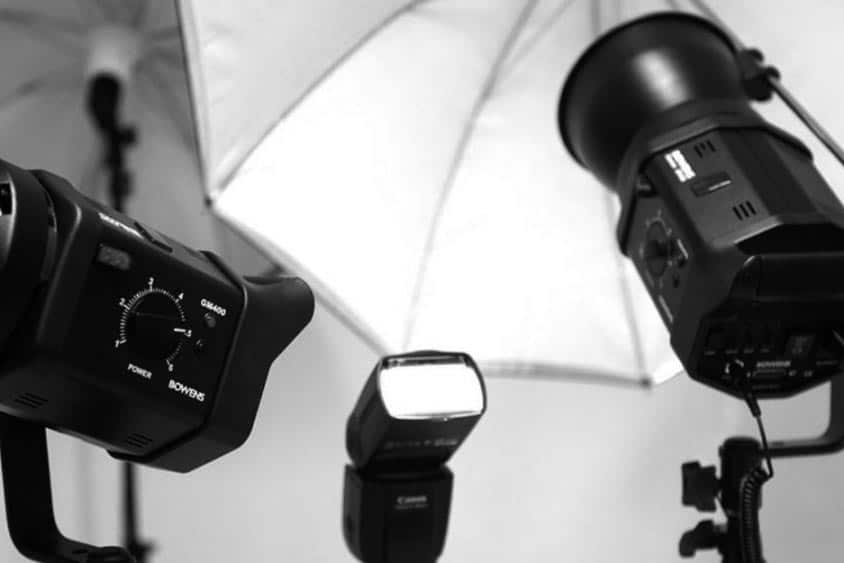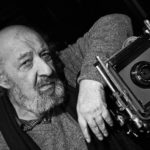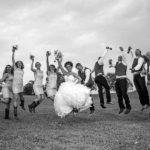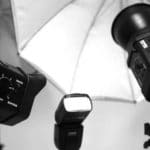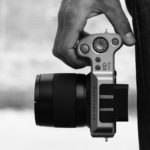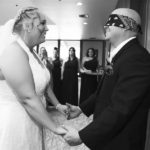Photography is an art, enginnery work, a silence. Everyone have a sell phone which one can take great photos and by thousands app you can apply great effects. You can share your photos on instagram and and million people cab follow you. That does not make professional photographer and this is not going to kill professional photography. I am a Houston based professional photographer. i used to work more than 20 years for professional photography.. Fashion Photography, Commercial Photography, Editorial Photography and now wedding photography in Houston. Honestly i have only little bit more than 700 followers on Instagram. but i know people can not use any professional camera manually they have million follovers so lets go to the article i found on web site www.theartcareerprojects.com for you.. Read and learn how to became a professional photographer. Professional photographers earn a living by taking pictures of the world around them. As simple as this makes the profession sound, it misrepresents the significant difference in expertise between an amateur or hobbyist and a professional who has spent years honing their the craft through training, study and practice. Professional photographers are masters of advanced concepts and techniques, such as: focus, color, composition, lighting, exposure, and depth-of-field, as well as the technical mechanics of operating a camera and photo production. If you are a beginner who would like to learn more about the specific skills, training, and technique needed to become a professional photographer, continue reading the step-by-step guide provided below.
Getting Started in Photography
Photographers use their technology (cameras), creativity, and technical expertise to preserve images in history, tell a story, or record an event. And, although many of the skills necessary to be a successful photographer are inherent, and postsecondary education is not always required to find a job, many professional photographers will attend college, university, or a private art school to learn advanced techniques and hone their craft. Classes in college typically cover processes, technique, equipment, and design and composition. A keen eye for detail, artistic and creative ability, good communication and people skills, and the ability to meet deadlines are all skills a photographer should have, no matter where they work. Even freelance photographers with no or little formal training must have skills and knowledge beyond the ability to take a great photo. Plus, they will need to sharpen their people skills in order to gain new clients, either by word of mouth or through showing their work online or in-person. The field of professional photography is competitive, and clients dictate when and where you work; outdoors in all kinds of weather, indoors with poor lighting, or late at night at a New Year’s party. Many photographers travel to photo shoots, and are required to move and carry heavy equipment. Photographers are also often called on last minute when clients’ plans change or news develops. For example, news or aerial photographers may work weekends or overtime to capture the news or an event as it happens.
Learn Essential Photography Skills
Combine Traditional Art Concepts with Photography Methods
Some people think that it requires very little skill to take a good photograph, especially since more and more smartphones and tablets have options like a 2x optical zoom, or a 12-megapixel dual-pixel sensor, or a wide f/1.7 aperture for bright and vivid photos, especially in low-light conditions. But when a bride wants her wedding immortalized for all time, or a news station demands detailed photos of a crime scene, or a college needs a new brochure featuring photos of the campus, they don’t often reach for their smartphones. They call a trained photographer. That’s why a career as a professional photographer is so much more than just a hobby. And, why career-minded photographers must have a firm grasp of the concept(s) behind each photo, the methodology that goes into framing a good photo, and the techniques needed to pull it all together. Trained photographers know their cameras and their craft inside out. Can you imagine being at a wedding and the bride is walking down the aisle, but the “person taking the photos” is fumbling through a manual because he or she isn’t sure which f-stop to use? Sometimes a professional photographer will only have a couple of seconds to adjust the setting on the camera so that a once-in-a-lifetime shot isn’t missed. Although quite obvious, professionals must know the basic parts of a camera; zoom and wide-angle camera lens, memory cards, shutter speeds, f-stops, focal planes, depth of field settings, etc., which all may seem a bit dull, but are very necessary to create great photos. Setting a camera on “automatic” will never give the same professional results. Photographers must have extensive knowledge of lighting techniques, and how ever-changing lighting conditions play a part in framing a good photo. They must understand color and have a thorough knowledge of color theory, along with an understanding of over and underexposure techniques. A photographer will understand the various software needed to alter, enhance or edit a photo, such as Adobe Photoshop CC, Affinity Photo, Pixlr, Lightroom, Photo Plus, and Acorn, just to name a few.
Build a Top-Notch Portfolio
A Strong Portfolio Will Help You Find Jobs & Sell More Work
A portfolio is a photographer’s best friend, and often the most important component in a photographer’s career. It is the first impression most employers see, and is usually how a photographer’s work is judged and evaluated. Creating a top-notch portfolio can make all the difference in getting an internship, landing a job, selling your work, building your reputation, or being shown the door. Your portfolio should contain only your very best work, preferably work you’ve completed recently. It should also contain a wide range of photos; landscapes, portraits, black and white and color photos, and should also show a wide range of techniques. A strong personal brand is also very important, as it identifies you as marketable to potential employers or as you pursue a freelance career. Your brand highlights your talent and accomplishments and sets your work apart from others in the field. Connections in the industry are also important to a photographer’s success, as word of mouth is second-to-none to landing a job. Networking can begin in school, through internships, clubs, or by joining associations and attending photography shows. Some photographers may find it difficult to network, and others may completely dismiss it as a waste of time. But, as time-consuming and uncomfortable as it can be networking is vitally important to a photographer’s career (second only to a professional portfolio).
Additional Resources for Photographer
Association of Photographers
American Photography Association
Photographic Society of America
American Society of Media Photographers
Oregon Professional Photographers Association
American Photographic Artists
The Photographers Guild
Professional Photographers Guild of Houston
Blind Photographers Guild
The Royal Photographic Society
Ophthalmic Photographers’ Society
Australian Photographic Society
Keywords: Photography, Photographer in Houston,Fashion Photographers, Fashion Photographer in Houston, Model Photographer, Houston Modeling Photographers, Commercial, advertising photography, Glamour shots, Portrait Photography, Senior Pictures, Professional Photographer,Model photo, Modeling in Houston, Modeling Portfolio book.Photograph, editorial photography, Local Photographers ,Professional photographers, Photography, photographer, fashion photographer, fashion photographer Houston, Professional pictures,commercial photographer, Advertising photographer, Houston photographer, Photographer in Houston, Modeling Photography, Houston Modeling photographers, model portfolio book,glamour shots,Portrait Photography, Senior Pictures, Professional Pictures ,Local Photographers, Affordable photographers , editorial photography,Photograph “
